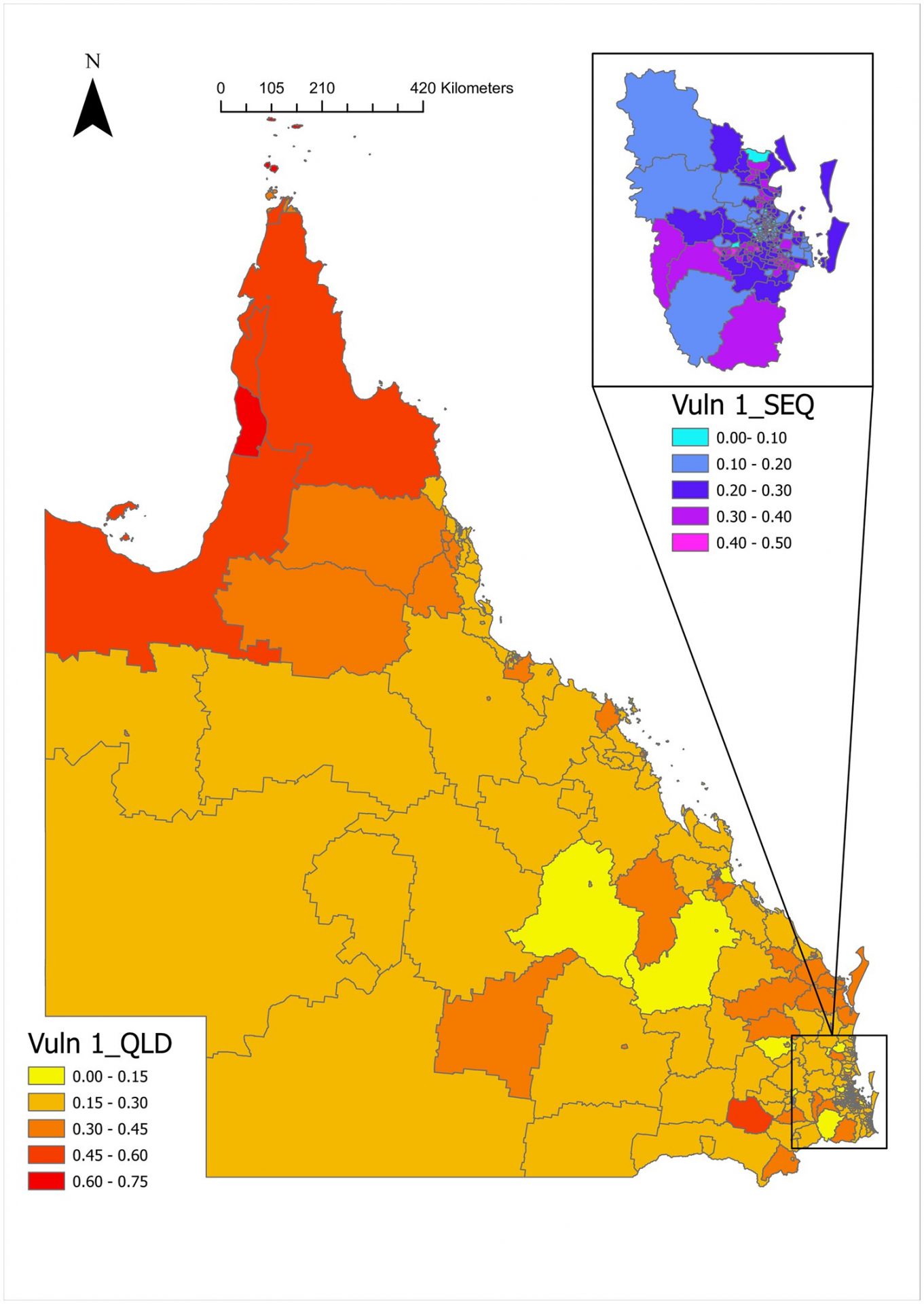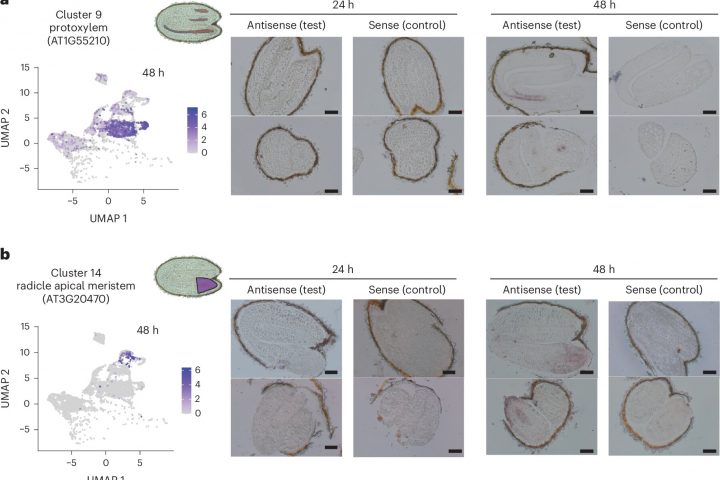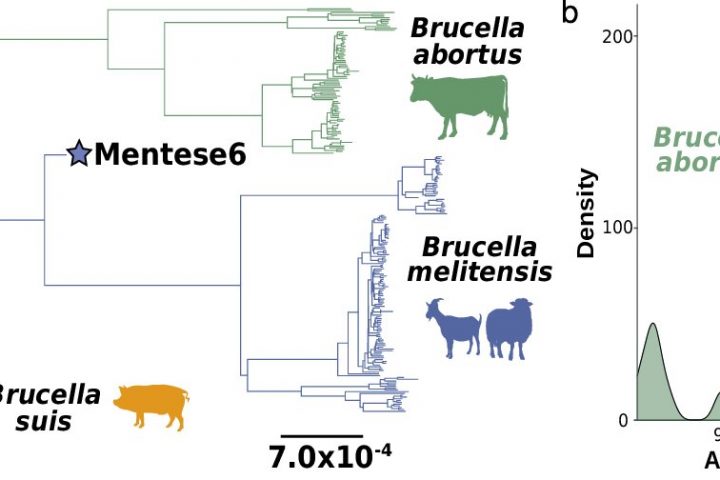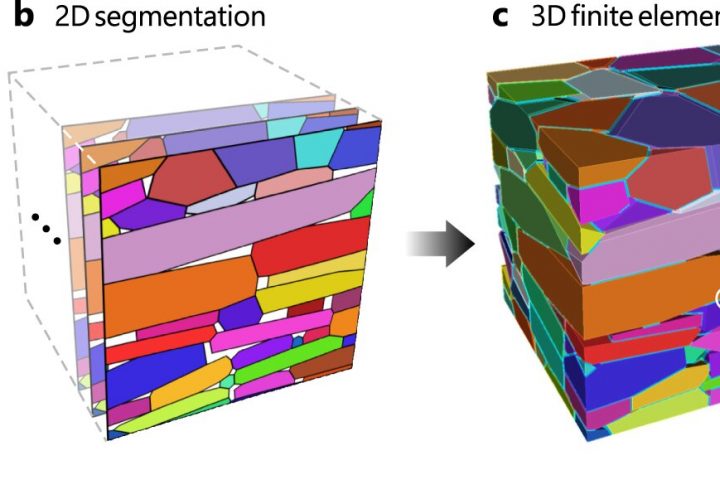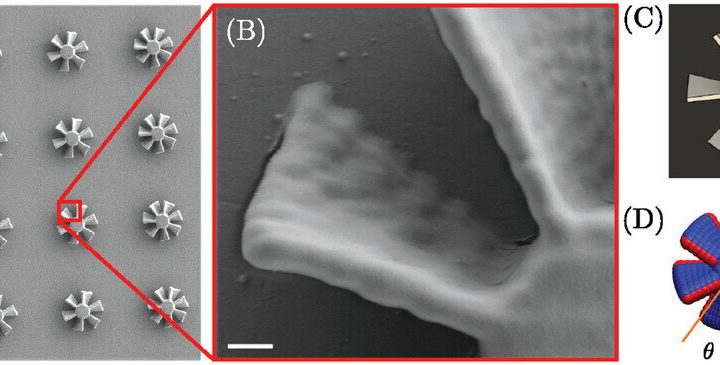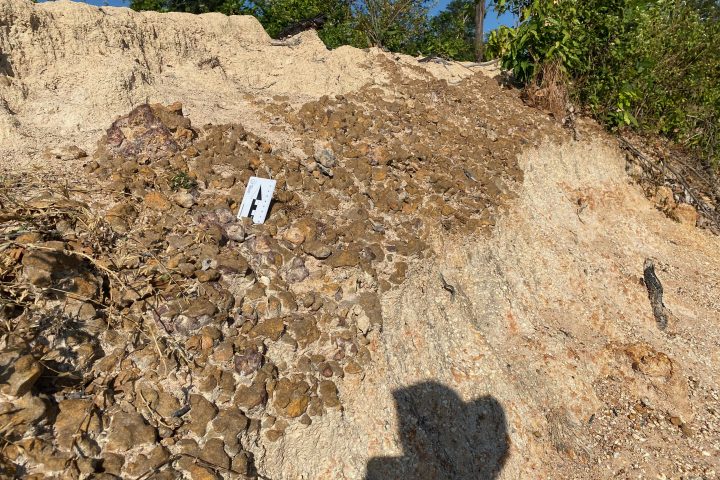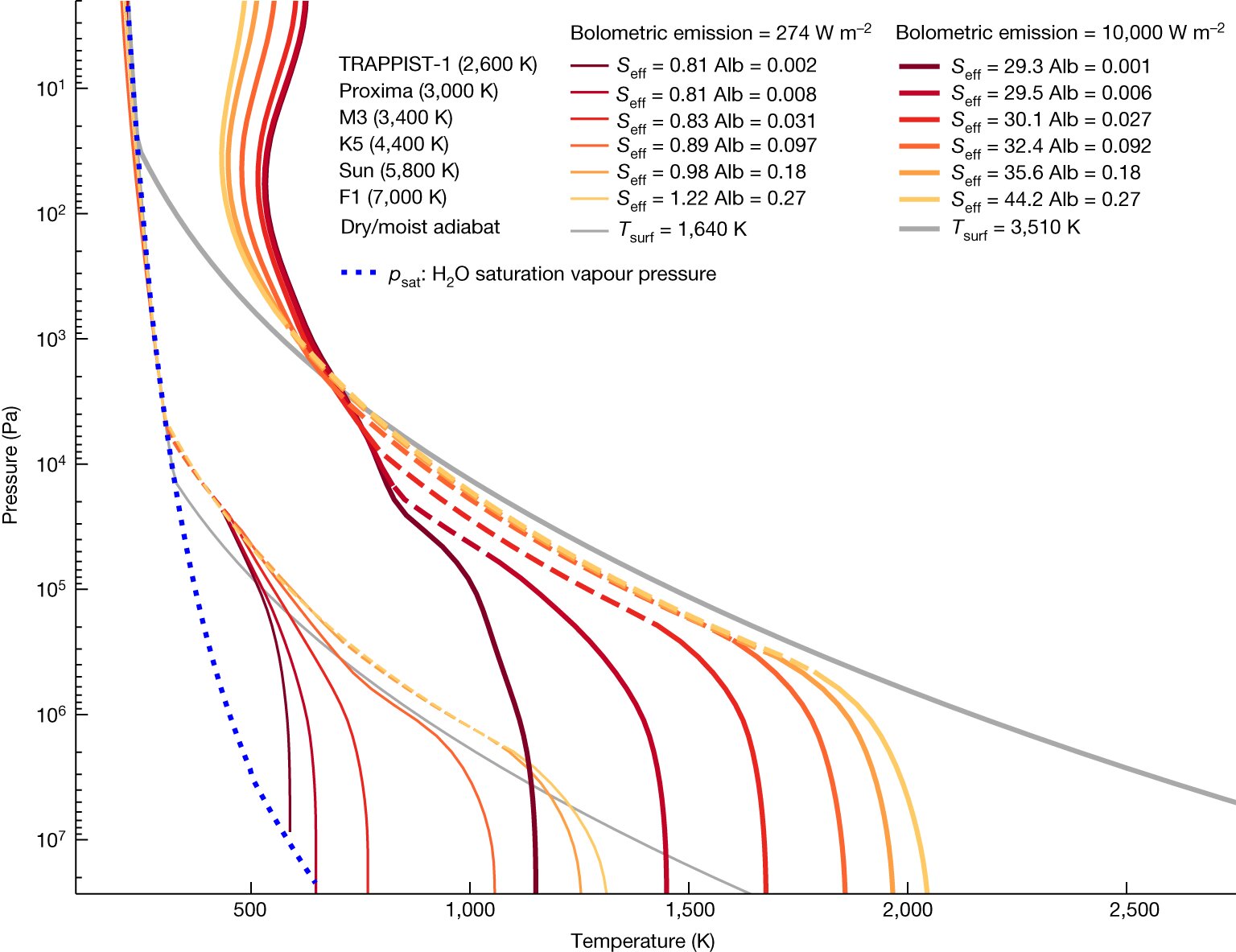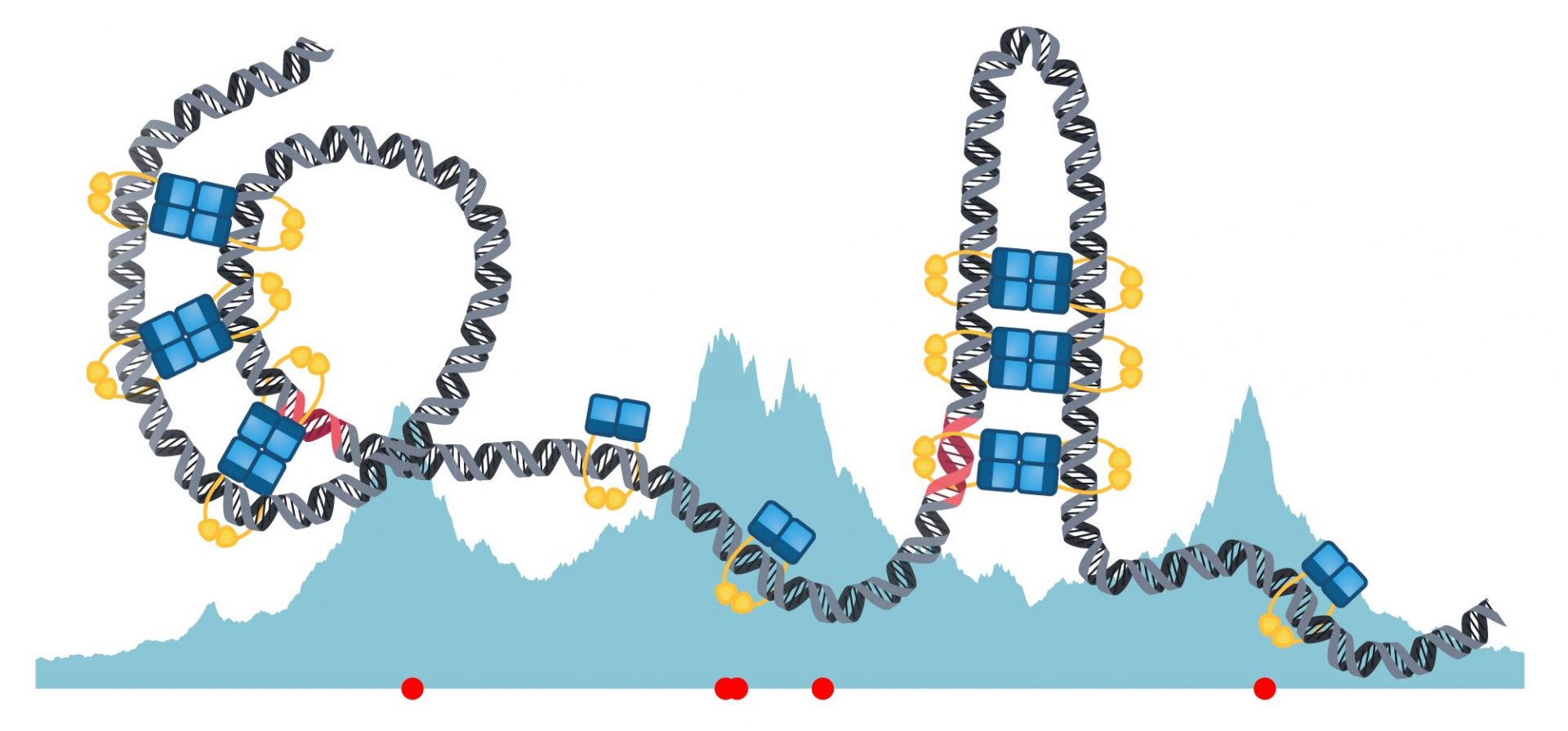A fascinating data analysis of Queensland children has revealed an exciting discovery – those who attended pre-school showed lower levels of developmental vulnerabilities during their first year of school. This educational measure mapped their progress and highlighted the positive impact of pre-school attendance.
The Australian Early Development Census, conducted every three years, assesses physical health, social and emotional maturity, language and cognitive skills, as well as communication and general knowledge of children in their first year of school. The latest census in 2018-2019 provided researchers from the QUT Center for Data Science and Children’s Health Queensland with valuable insights into the influence of pre-school attendance on children’s development.
Developmental vulnerability, defined as difficulties coping with the school day, such as tiredness, hunger, low energy, trouble getting along with others, or struggling with reading, writing, and numbers, was examined. The findings, published in PLOS One, revealed three distinct clusters with varying social demographic variables, including country of birth, primary language, remoteness, and socio-economic disadvantage.
“Our analysis demonstrated that children who had attended preschool displayed lower levels of developmental vulnerability in comparison to those who had not,” explained Ph.D. researcher Wala Draidi Areed. “Demographic and educational factors play a crucial role in early childhood development.”
The research also provided valuable recommendations, including establishing collaborative committees for communication and information sharing, ensuring secure data exchange with privacy measures, promoting interprofessional training for healthcare professionals and educators, embedding health promotion activities in schools, and engaging families and community organizations in joint efforts.
It’s important to note that the pre-school program can be either at a dedicated pre-school or a day care center. In 2021, 85% of all 4-year-olds and 22% of all 5-year-olds in Australia were enrolled in preschool programs. However, Queensland had the lowest overall preschool participation rate among all Australian states, with significant geographical variations.
Distinguished Professor Kerrie Mengersen, Director of QUT’s Center for Data Science, emphasized the need for targeted efforts by the health and education sectors in specific areas based on these results. Future research will compare data from the 2021 census to determine if any trends have changed over time.
